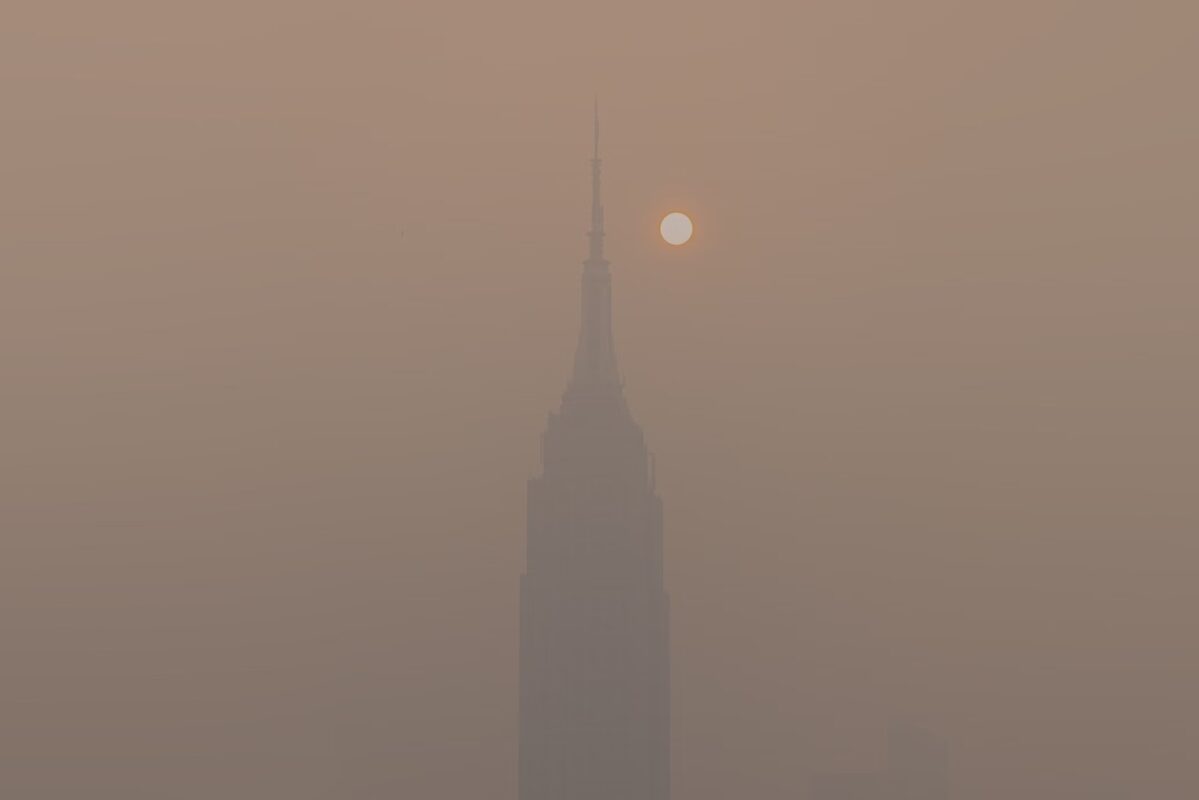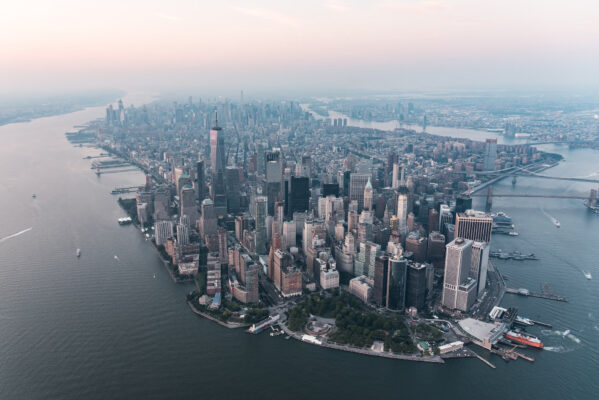The E-Designation for air quality assigned to tax lots by the NYC Department of City Planning (DCP) is a zoning regulation aimed at addressing air pollution and protecting air quality in New York City (NYC). This designation includes specific requirements that may limit the type of fuel used in boilers or specify the location of the boiler stack.
One common requirement is the limitation on boiler fuel to natural gas. Natural gas is considered a relatively cleaner-burning fuel compared to other fossil fuels, and its use helps minimize air pollutant emissions. By specifying the use of natural gas as the fuel for boilers, the DCP aims to improve air quality and reduce the environmental impact of heating systems.

Another requirement related to boiler emissions may involve specifying the location of the boiler stack. The DCP may require tax lots to install their boiler stacks at a certain height or distance from sensitive receptors, such as residential buildings or public spaces.

This requirement helps minimize the direct impact of boiler emissions on nearby communities, reducing potential health risks and improving overall air quality in the vicinity.
To comply with E-Designation air quality requirements, developers, property owners and operators must adhere to specific requirements, including the preparation of an Air Quality Remedial Action Plan (RAP). The Air Quality RAP should outline strategies that will specify fuel type and boiler stack location.
The Air Quality Remedial Action Plan must be approved by OER before development can proceed, and the plan must be implemented to the satisfaction of OER before occupancy is allowed.
